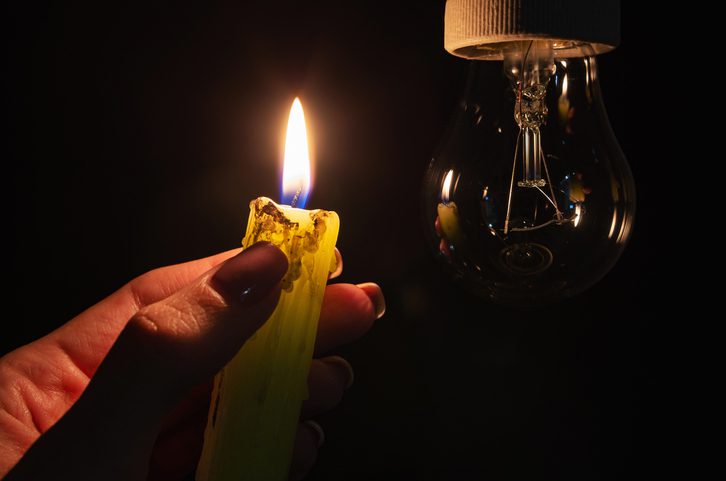Power outage risk on the rise: making sure your clients' businesses are prepared

Authored by Aviva
You may have seen the recent media reports discussing the likelihood of national grid blackouts this winter. Whilst the risk remains relatively low, preparation is key as it’s possible that power outages could happen on some of the coldest days, for periods of several hours. The National Grid have suggested this may be confined to between 4 and 7pm, which could impact all facilities except for ‘protected sites’, such as hospitals and major food distribution.
With this in mind, we want to help UK businesses prepare for this as much as possible, by sharing some useful prevention guidance from our risk management experts on what to do should this situation arise.
Determining your clients’ business energy resilience has never been more important than during these periods of uncertainty. To help prepare for such incidents and take proactive actions, some questions you and your clients might want to consider are:
Have you considered power outages on your business impact assessment and as part of your business continuity planning?Have you completed scenario testing of your Business Continuity Plan based on loss of power?What would happen if your systems powered down ‘unannounced’?Once power resumes, how long would it be to get back to ‘normal’ and in a safe way?Do you have or need emergency generators or uninterruptable power supplies? Are they inspected, tested and maintained?What essential systems will you prioritise in the event of a power cut?Have you considered how your staff, customers or suppliers will be impacted?Have you maintained and serviced all your safety and critical equipment?How will you keep your business safe and secure if lighting, detection, security or fire protection systems are impacted?How will your existing risk assessments, such as fire or dangerous substances, be impacted?
As part of any energy resilience plans, it’s important for businesses to check who their electricity network operator is (not their energy supplier) and who can provide the latest information on power cuts or power outages – to find out who the distributor is for your clients’ local area either call 105 or search by postcode on Energy Networks Association’s website.
Businesses should also understand whether they fall under the ‘Protected Sites’ status which isn’t automatic. The criteria to be part of the Protected Sites List (PSL) includes the need for businesses to have their electricity supply maintained because of a national or regional critical need, public health and safety issues or the potential for catastrophic damage to high value plant. For full details of the criteria for receiving Protected Sites status, please refer to the Electricity Supply Emergency Code.
Looking to the future and understanding the energy resilience of your clients is becoming increasingly important. Some businesses are considering installing battery energy storage systems or solar panels, each of which comes with their own inherent risks which also need to be managed and form part of any good change management process.
How your clients respond and prepare for the future will be different for every business, but the thinking needs to happen now. Our experience proves that it’s a lot easier to plan for the likely effects of power blackouts calmly and objectively in advance, than react at the very moment when they occur and in the aftermath.
However mature your clients’ risk management strategy is to be able to respond to threats such as this, we’re here to help. All of our best practice risk management content and guidance can be found on our free to access Risk Solutions website.
For more business support on what to do in the event of power supply disruption, read our latest Power Outage and Load Shedding Loss Prevention Standard.





